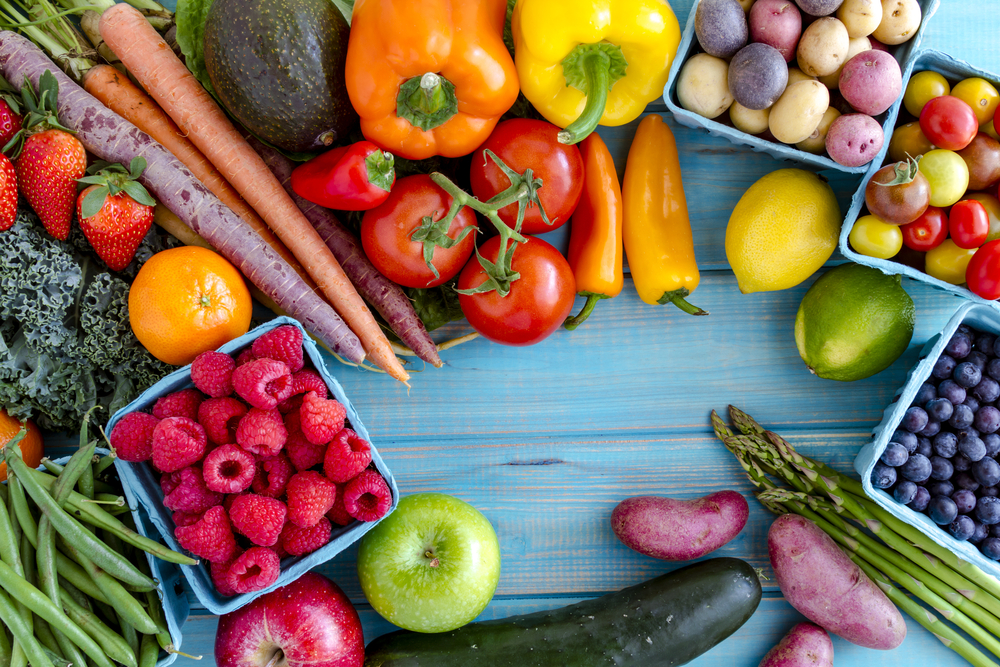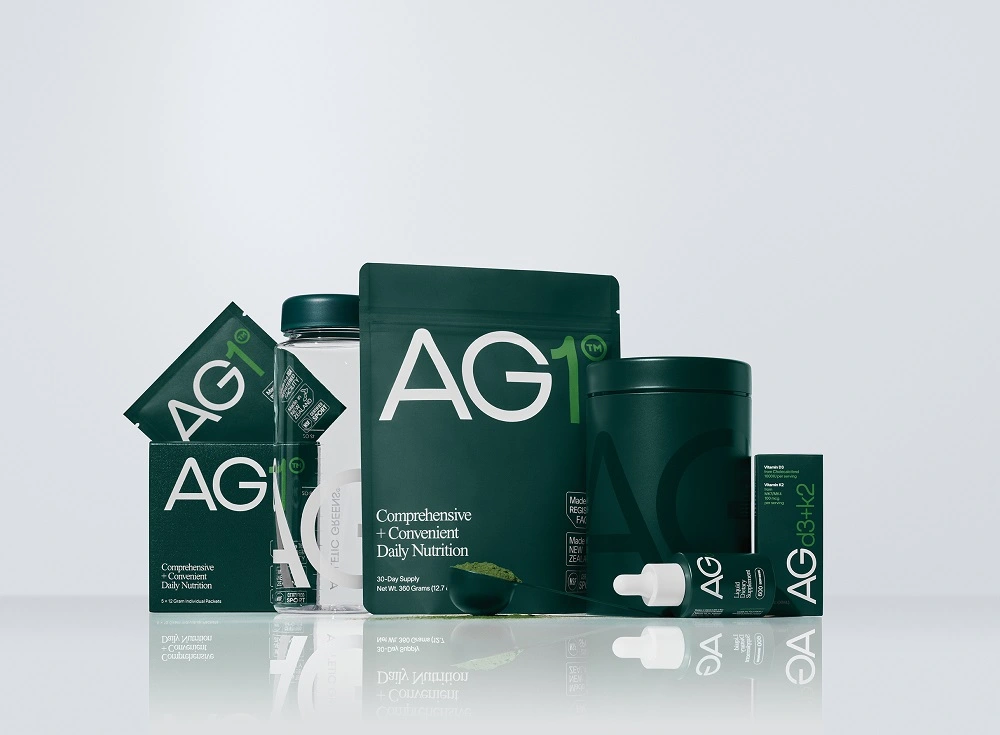Can Greens Powder Replace Your Vegetables? A Dietitian’s Take

Greens powder has several health benefits, but there may be some properties inherent to vegetables that the supplement doesn’t replicate
Greens powder supplements are one of the newer supplement trends to hit the market. These powders claim to boost immune systems, detoxify, increase energy and help digestion, to name just a few benefits. But is it the same as eating vegetables?
As a Registered Dietitian Nutritionist, I find that the main reason my clients struggle with their vegetable intake is because of the time and planning needed to prepare these foods. Greens powders have grown in popularity because of convenience. Typically, these powders are a blend of concentrated vegetables made into a powder form through processing. Companies often add probiotics, antioxidants, vitamins, and minerals.
In this article, I explore the advantages and drawbacks of these greens powders to help you decide if it’s worth the buy.
Advantages
These powders often act as a multivitamin. Ensuring you get enough vitamins and minerals day to day is crucial for your health. In the U.S., most of the population is deficient in 1 or more micronutrients. Using these greens powders can be an easy way to ensure you’re getting enough daily.

Various powders add probiotics to their formula. Probiotics can of course be purchased as a separate supplement. They also naturally occur in foods like yogurt, kefir, fermented vegetables and kombucha. There is evidence that probiotics can help manage many different conditions. The strain of the probiotic matters if you want to get the most out of your supplementation. This chart is an easy guide that explains which strain of bacteria may help your symptoms.
These supplements are also antioxidant rich. Damage from excessive oxidation can lead to various illnesses including cancer. These powders typically have plenty of vitamins C and E which are antioxidants used in virtually every cell of your body to fight free radicals.
Drawbacks
It’s recommended to eat at least 400 grams of fruits and vegetables per day for the prevention of chronic diseases. Most of these powders offer about 5 grams of fruit or vegetables per serving, which is nowhere near the amount needed to sustain health. Fresh fruits and vegetables have water weight, whereas greens powders are made, in part, by dehydrating the substance into a concentrated form. It’s unclear what’s lost in the processing procedures apart from water. Many bioactive compounds, vitamins, minerals and fiber may also be lost during processing.
Vegetables also have tons of fiber. Fiber has been shown to be necessary for the prevention of many diseases and is also crucial for gut microbiome health. Many greens powders don’t contain the natural fibers found in plant foods; some may add fiber back in a supplemental form, but that depends on the brand.
Whole plants offer a variety of bioactive compounds. These are compounds in the plant that are not a vitamin, mineral or fiber but offer benefits to your health. There is a huge variety of bioactive compounds, and plants usually have more than one. It’s been proven that these compounds help lower the risk of cancer, decrease inflammation, stabilize blood sugar and reduce the risk of heart disease. Eating plants in a processed form may mean that you’re missing out on bioactive compounds and therefore missing out on the full spectrum of health benefits that plants have to offer.
Final thoughts
Greens powders are mostly advantageous because they act as a multivitamin and often have additional components added to them like probiotics or fibers. There is not enough research to show that greens powder should replace your vegetables. On the other hand, they may still be health-promoting as a supplement.



